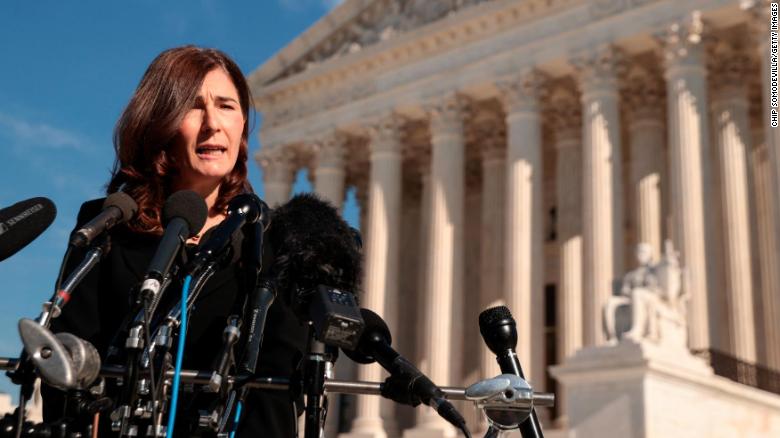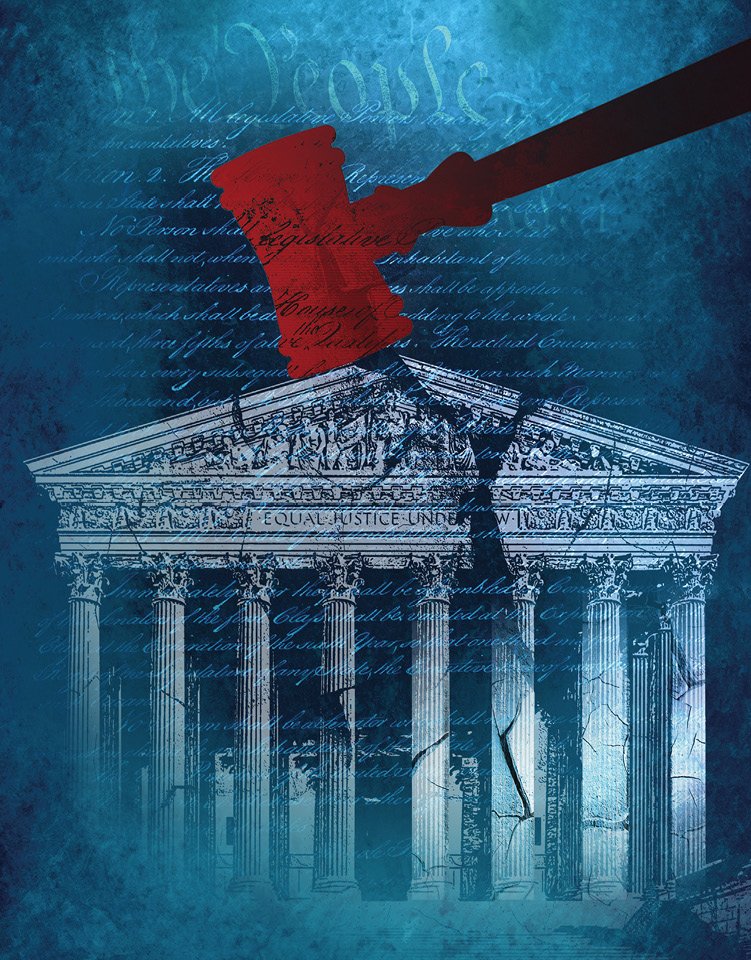ChangeLawyers files SCOTUS amicus defending affirmative action>
Kansas rebukes the Supreme Court
Say it Louder

Back in 2012, Republican Rep. Todd Akin, in the midst of what would prove to be an unsuccessful Senate run, tried to assure us that in cases of “legitimate rape,” pregnancy wasn’t a possibility because it was a known fact that “the female body has ways to try to shut the whole thing down.” He was, of course, obscenely wrong. But ten years later, facing a national reproductive freedom landscape that suddenly made Akin sound like a radical feminist, the people of Kansas—voting on an amendment that would have removed abortion rights from their state constitution—showed that the body politic is, in fact, capable of shutting down laws that are dangerous, lethal, and poisonous.
In a surprise landslide, Kansans overwhelmingly rejected the amendment. The American people still have ways to stop violence against women dressed up in the sanctimonious guise of coddling and protecting them. And that means that maybe democracy isn’t quite as far gone as some of us had believed.
Read the story on Slate
Lawyer who defended abortion at the Supreme Court is on track to become a federal judge
More of This

President Joe Biden on Friday nominated Julie Rikelman, who argued the case for the Mississippi clinic before the Supreme Court in the case that led to the overturning of the landmark Roe v. Wade ruling, for a post on an US appeals court.
Rikelman’s nomination comes a month after the Supreme Court ruled there is no longer a nationwide right to obtain an abortion. Rikelman represented the Mississippi clinic — the last in the state — that challenged a state law barring abortion after 15 weeks.
As part of his 24th round of judicial nominees, Biden nominated Rikelman for the Boston-based 1st US Circuit Court of Appeals.
Read the story on CNN
Amy Coney Barrett is in over her head
Less of This

The single most consequential player in the Supreme Court’s current conservative revolution is also the least conspicuous. Justice Amy Coney Barrett powered the court’s hard-right turn by casting the fifth vote in several major decisions—most notably, Dobbs v. Jackson Women’s Health Organization, which overruled Roe v. Wade. Yet over the course of the most fractious term in modern history, she rarely bothered to explain herself. While Donald Trump’s other two justices spilled much ink defending their positions, Barrett remained reticent. By the end of the term, she had become an enigmatic figure whose jurisprudence grew more cryptic and confusing with each decision. Even as her court grew more aggressive, she seemed to recede from view.
This tactical retreat from the public eye hints at the headwinds that Barrett faced in her second year on the court. The justice was ill-prepared for many aspects of her job, and after a series of unforced errors, she has faded into the background whenever possible. As a result, the woman who entrenched the Republican Party’s control over the federal judiciary comes across more as a loyal backbencher than an independent thinker.
Read the story on Slate
The new era of rightwing judicial supremacy
Speaking Of...

In Federalist No. 78, Alexander Hamilton famously predicted that the judicial branch of government would “always be the least dangerous to the political rights of the Constitution; because it will be least in a capacity to annoy or injure them.” In retrospect, Hamilton could not have been more wrong.
The U.S. Supreme Court is now dominated by five hardcore ideologues—three of them nominated by former President Donald Trump. In its most recent term, the court made a mockery of Hamilton’s forecast of judicial restraint, crossing a variety of political fault lines on abortion, the Second Amendment, “religious liberty” and the separation of church and state, climate change, civil rights, campaign finance, and voting rights (see sidebar). Far from the neutral institution envisioned by Hamilton, the court has become, according to many commentators, a quasi-legislative body dedicated to advancing a regressive political agenda free from democratic accountability.
Welcome to the new era of rightwing judicial supremacy.
The court’s power grab reached new heights last term with its landmark abortion decision in Dobbs v. Jackson Women’s Health Organization, which concerned a Mississippi statute that bans almost all abortions after fifteen weeks, with no exceptions for rape or incest. Authored by Justice Samuel Alito and joined by Justices Clarence Thomas, Neil Gorsuch, Brett Kavanaugh, and Amy Coney Barrett, Dobbs delivered on the right’s long-festering fever dream of reversing Roe v. Wade and Planned Parenthood v. Casey, the twin pillars of the federal right to abortion.
Read the Story on Progressive Magazine









